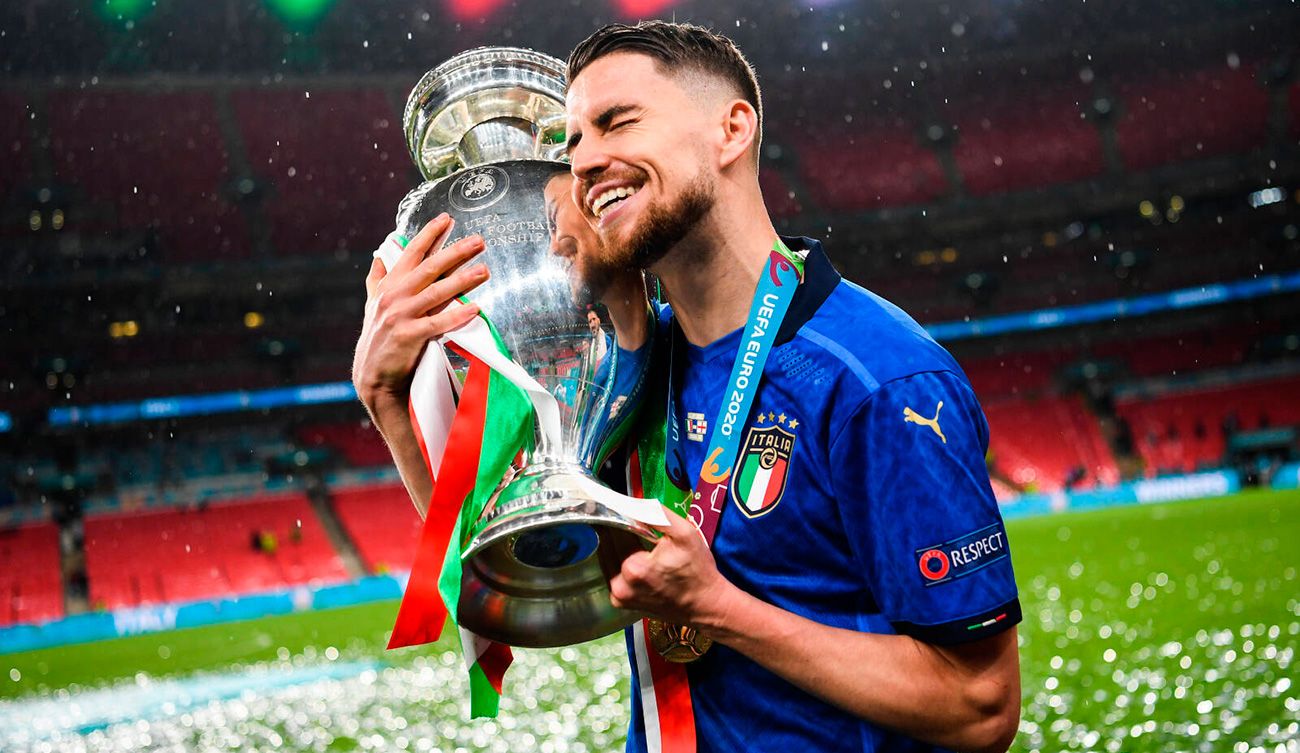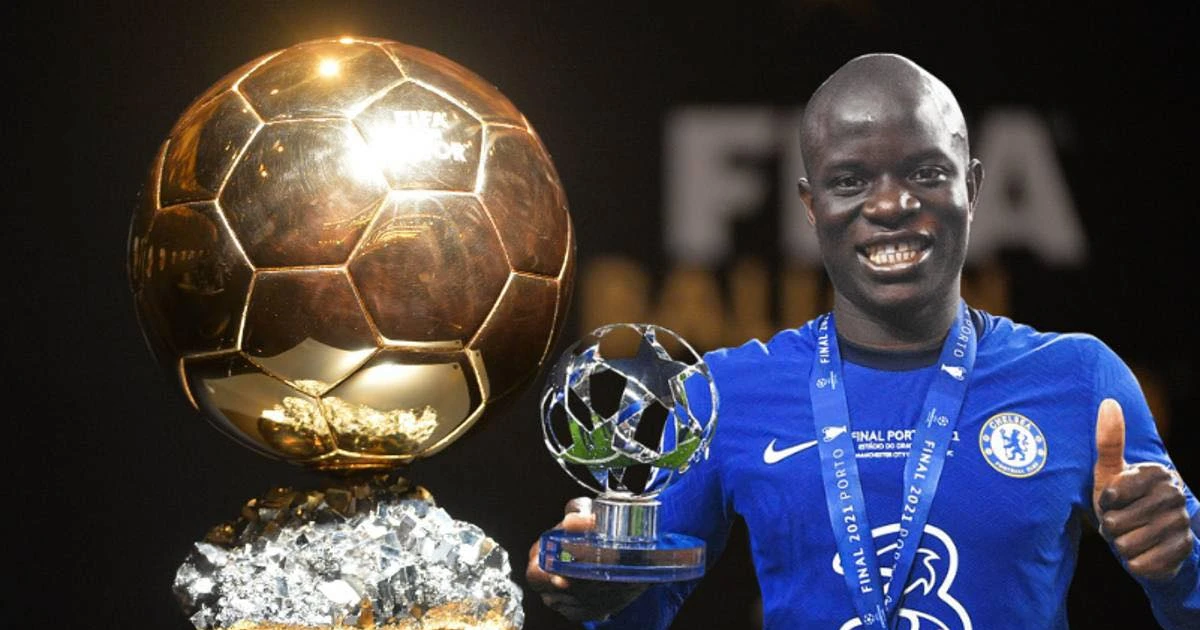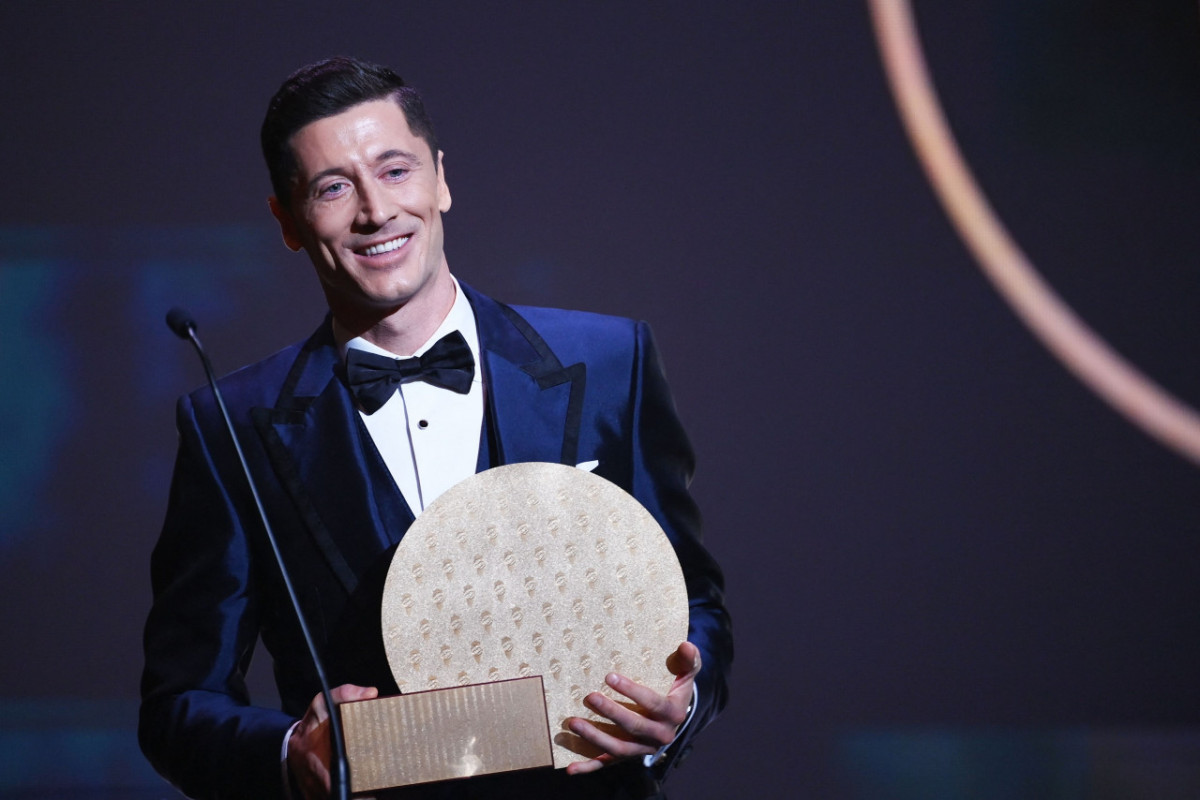In recent years, the Ballon d’Or, one of football’s most prestigious awards, has been facing increased scrutiny and debate about its value and relevance. Once the pinnacle of individual achievement in the sport, the coveted golden ball trophy now finds itself at the center of controversy.

The Ballon d’Or, awarded annually to the world’s best football player, has long been a symbol of excellence and recognition for those who have reached the pinnacle of their careers. However, critics argue that the award’s significance has diminished over time for several reasons.
Lack of Transparency: Critics have raised concerns about the award’s voting process, which is conducted by journalists from various countries. The lack of transparency and accountability in the selection process has led to suspicions of bias, favoritism, and political influence.

Club vs. Country: The debate over whether the Ballon d’Or should prioritize individual performance at the club level or for national teams has caused divisions among fans and experts. The recent trend of awarding the Ballon d’Or to players who have excelled in club competitions while underperforming internationally has ignited controversy.

Ronaldo and Messi Dominance: For over a decade, the Ballon d’Or was dominated by Cristiano Ronaldo and Lionel Messi, leaving other talented players feeling overshadowed and less likely to receive the award. This duopoly may have contributed to the perception that the award lacks variety.

Commercialization: The Ballon d’Or has increasingly become a commercial spectacle, with sponsors, campaigns, and lavish ceremonies, which some argue have shifted the focus from footballing excellence to commercial gain.
Team Effort: Football is a team sport, and some argue that placing too much emphasis on individual awards detracts from the collective effort and spirit of the game.